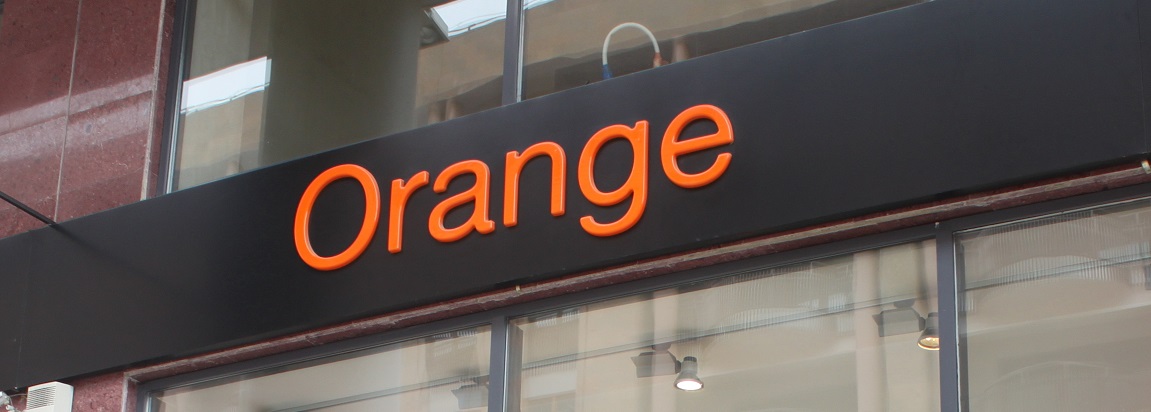On Tuesday, the Democratic Republic of Congo (DRC) ordered internet capacity slowed down to make it hard to transmit images on social media. In a signed letter, first reported by Reuters and then circulated by civil society on Twitter, Oscar Manikunda Musata, the post and telecommunications chief regulator, instructs the General Director of Orange DRC to take preventative measures to reduce the capacity to transmit “abusive messages.” The letter specifically cites social media sites including Facebook, WhatsApp, Instagram, and Twitter.
Internet shutdowns of all kinds interfere with the human right to free expression, which includes access to information. They do not restore order, keep the peace, or ensure safety, and they damage the economy and development. In Africa and around the world, people are pushing back.
The DRC shutdown this week comes as a response to growing opposition to President Joseph Kabila, who has stated that he will refuse to step down when his mandate expires in December. Since Monday, at least 27 people have been killed in conflicts between protesters and Congolese security forces including ten bystanders, three police officers, and at least 14 members of the secessionist rebel group Bundu dia Kongo (BDK), in the capital Kinshasa and in the southwest in Matadi. On Tuesday, a two-day strike organized by the Lucha Movement brought Kinshasa to a standstill. Nearly all commerce in the capital ceased and, although access to social media has been restricted, internet-savvy Twitter users are posting pictures of empty streets at rush hour.
This is the third time in the past two years that the Kabila government has shut down internet services in response to protests. In January 2015, his government ordered a full shutdown of internet and SMS traffic when people demonstrated against a bill to extend President Kabila’s term beyond the constitutional limit of two five-year terms. Rights groups estimate at least 42 people had been killed in those protests. Less than a year later in December 2016, when President Kabila was supposed to step down as head of state, the government ordered operators to block social media to prevent planned protests across the country.
Heightened risk during elections
This most recent event continues the worrying trend among African governments of shutting down the internet to silence dissent. In 2016, six other governments — Chad, Ethiopia, Egypt, Gabon, Gambia, Uganda, Zambia, Zimbabwe — ordered disruptions in response to key political events including protests and elections. This year already five governments — Cameroon, Ethiopia, Egypt, Morocco, and now the DR Congo — have taken similar measures to muzzle activism in their countries.
Internet shutdowns are in direct violation of the DRC’s commitment to international human rights treaties. The DRC has signed onto the International Covenant on Civil and Political Rights and the African Charter on Human Rights, which both explicitly affirm the right to free expression.The United Nations Human Rights Council has condemned internet shutdowns and other intentional disruptions to access or dissemination of information online, as violations of human rights. In 2016, the African Commission adopted a resolution in which it expressed its concern over “the emerging practice of State Parties of interrupting or limiting access to telecommunication services such as the Internet, social media and messaging services, increasingly during elections.”
Glimmers of hope
Last year’s elections in Ghana, and Tuesday’s elections in Kenya – where governments chose to keep the internet on – give hope for a changing tide in African politics. Access Now applauds the actions of these governments. We call on the government of the Democratic Republic of Congo to immediately reinstate internet services and to pledge never to order another shutdown in accordance with international freedom of expression laws.
We also call on Africell RDC, Airtel Congo, Orange RDC, and Vodacom Congo to publicly disclose the geographic scope and services blocked, the duration of the block, or what would be required to lift it, information about how affected users can access remedy or compensation, and to issue clear statements opposing the blocking and detailing the steps telcos are taking to end it.
To help telcos prepare for such moments, Access has produced the Telco Action Plan, which guides operators through the contentious situations that arise when governments order them to help suppress dissent. The Telco Action Plan counsels companies to prevent and mitigate rights violations by demanding government requests be written and signed by officials; engaging in “unilateral or multi-stakeholder advocacy, negotiation, litigation, or ultimately direct resistance;” and narrowly limiting the scope of any compliance. Indeed, the telco Orange engaged in multilateral advocacy with other operators to end an SMS shutdown in Central African Republic in 2014. For their part, telcos can use this new one-pager to convince governments that shutting down networks is not worth the trouble.
Update (8/12/2017): A previous version of this article stated that it was Orange Cameroon that received the order. It was Orange in the Democratic Public of the Congo.
